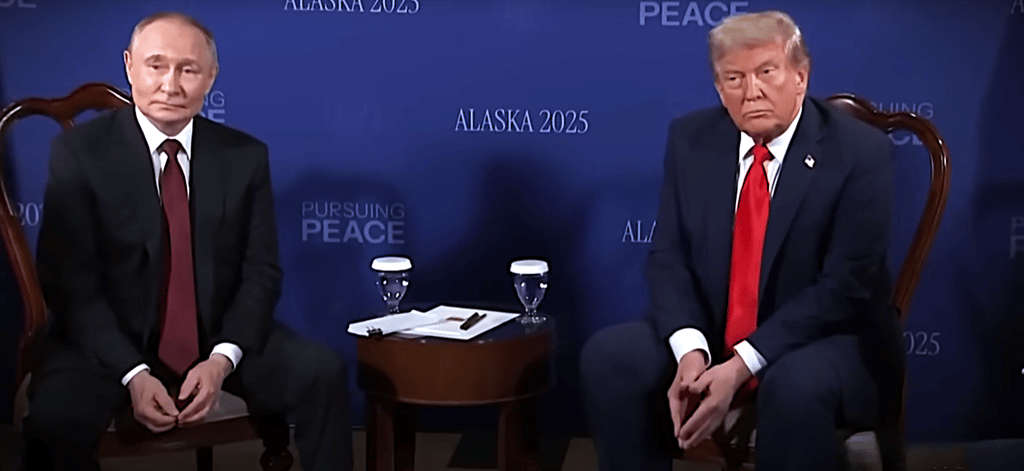World Leaders React to Alaska Summit: Security Guarantees and Peace Talks
Global leaders respond to the Trump–Putin Alaska summit with cautious optimism. Ukraine demands security guarantees as hopes for peace remain uncertain.
Raja Awais Ali
8/16/20252 min read


World Leaders React to Alaska Summit: Hope, Skepticism, and Calls for Security Guarantees
The historic Alaska summit between U.S. President Donald Trump and Russian President Vladimir Putin on August 16, 2025, has drawn a wave of reactions from world leaders, reflecting both cautious optimism and deep skepticism. While the meeting marked a rare moment of direct dialogue between Washington and Moscow, it did not produce any concrete agreements on ending the war in Ukraine, leaving much of the global community divided on its significance.
European leaders were quick to emphasize their solidarity with Ukraine. Officials from France, Germany, and Italy reiterated that Kyiv needs “strong and irreversible security guarantees” to safeguard its sovereignty. They stressed that sanctions on Russia must remain in place until Moscow halts its aggression. British Prime Minister Keir Starmer welcomed President Trump’s diplomatic initiative as a potential step toward ending the war but warned that the West must remain vigilant. He underlined that “Russia cannot be trusted at face value,” urging NATO unity and firm pressure.
In Ukraine, President Volodymyr Zelensky expressed mixed feelings about the summit. While he welcomed the possibility of a future trilateral summit involving Russia, the U.S., and Ukraine, he openly criticized the fact that Kyiv was excluded from Alaska’s talks. “There can be no lasting peace without Ukraine at the table,” Zelensky said, stressing that no compromise would be made on Ukraine’s territorial integrity. His comments reflected growing concerns in Kyiv that negotiations without Ukrainian participation could weaken its position.
The Kremlin, on the other hand, portrayed the summit as a major diplomatic breakthrough. Russian officials highlighted Putin’s warm reception and described the talks as a sign of “a new global reality.” Although no ceasefire or formal deal was achieved, Moscow emphasized that the very fact of dialogue with Washington was proof of Russia’s international relevance. Analysts, however, warned that Russia could exploit this momentum to tighten its hold over occupied territories while buying time on the battlefield.
Beyond Europe, India welcomed the summit as a “positive step toward dialogue and diplomacy,” noting that global tensions must be resolved through negotiation rather than escalation. Several non-aligned nations also expressed cautious approval, though many echoed the need for a verifiable ceasefire.
The United Nations and other international organizations praised the resumption of direct talks but reminded both parties that true peace can only begin with a complete and unconditional ceasefire. The summit, they said, should be viewed as an opening— not a solution.
Overall, the Alaska summit has reignited global debate over the future of the war in Ukraine and the role of U.S.–Russia relations. Leaders around the world agree on one thing: the door to dialogue is open again. Yet whether this leads to genuine peace or remains a symbolic gesture will depend on what follows in the weeks ahead.